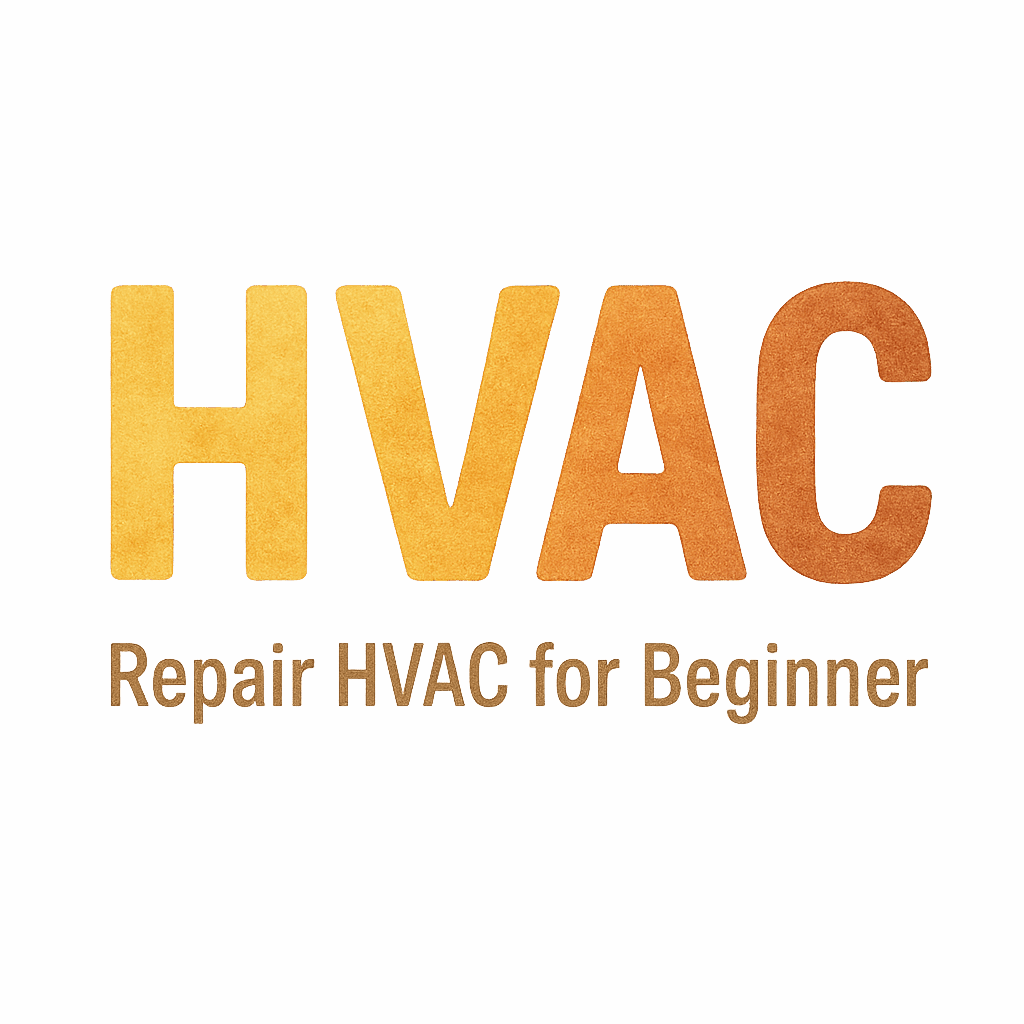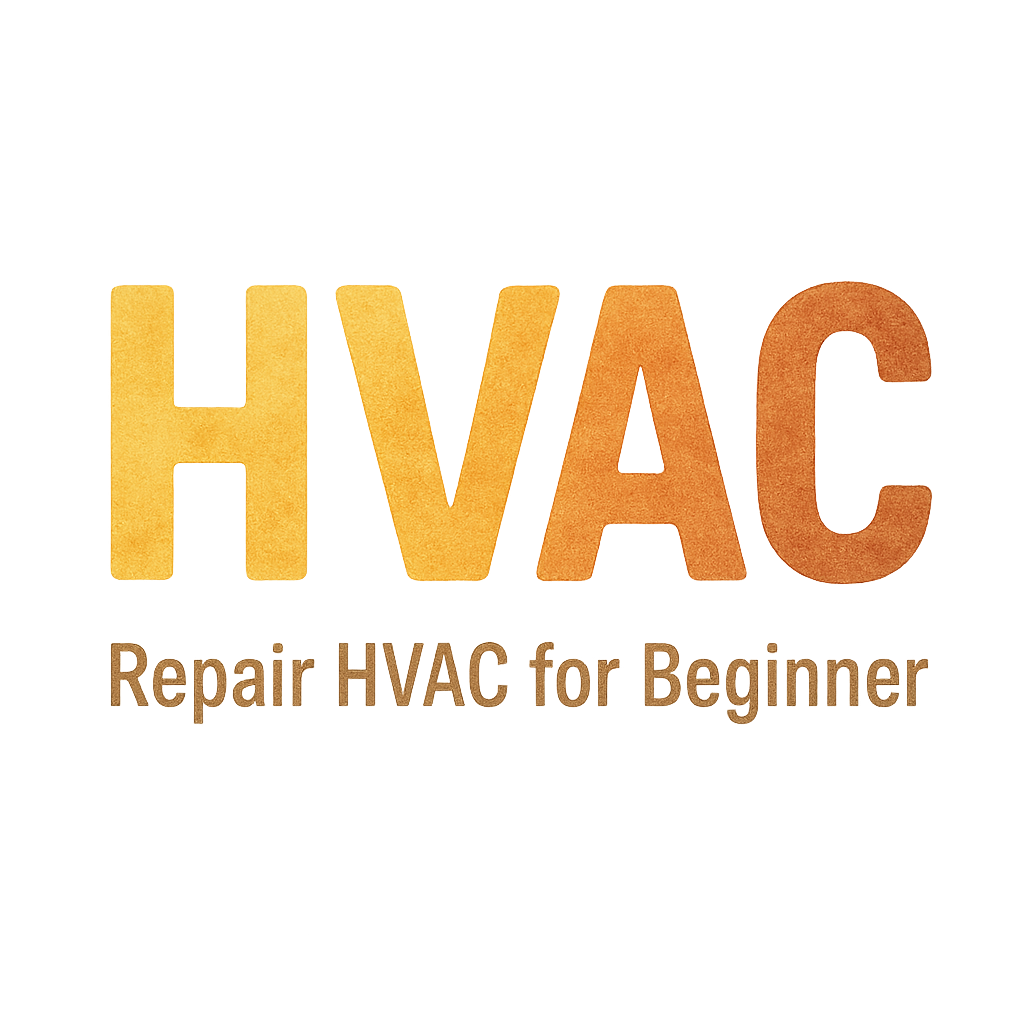Introduction
Air quality at home plays a vital role in your overall health and comfort. Poor indoor air quality can contribute to allergies, asthma, and other respiratory issues. If you’re relying on your HVAC system for heating and cooling, it’s essential to ensure that it’s improving—not harming—the air you breathe. A clean, well-maintained HVAC system is one of the most effective ways to achieve better indoor air quality.
In this article, we’ll walk through 9 actionable ways to improve your HVAC air quality at home. From regular maintenance to adding air purifiers, these steps will help you breathe easier and enjoy a healthier environment indoors.

Understanding HVAC and Indoor Air Quality
What is HVAC?
HVAC stands for Heating, Ventilation, and Air Conditioning. These systems regulate temperature and airflow, ensuring comfort throughout your home. But their influence goes beyond just keeping things warm or cool. The HVAC system plays a crucial role in the quality of the air circulating inside your home.
The Role of Your HVAC System
While HVAC systems regulate temperature and airflow, they also filter out dust, allergens, and pollutants—assuming they’re well-maintained. Unfortunately, a neglected HVAC system may spread pollutants around your home, worsening the air quality.
Key Factors Affecting Air Quality
Indoor air can become polluted by various factors such as:
- Dust and allergens
- Mold or mildew
- Pet dander
- Chemical fumes from household products
Each of these elements can be picked up or trapped by your HVAC system, which makes proper system maintenance even more critical.
1. Regularly Change Air Filters
Why Air Filters Matter
Air filters are the first line of defense when it comes to preventing pollutants from circulating through your home. Over time, filters become clogged with dust and allergens, which can impair air quality and reduce system efficiency. Changing air filters regularly is one of the easiest ways to maintain good indoor air quality.
Choosing the Right Air Filter
When selecting an air filter, consider the MERV rating (Minimum Efficiency Reporting Value). Higher MERV ratings mean better filtration, capturing more microscopic particles like pollen and dust. Opt for a filter with a MERV rating between 8-13 for optimal air quality, but always check compatibility with your HVAC system.
2. Install a Whole-House Air Purifier
Benefits of Whole-House Air Purifiers
A whole-house air purifier can significantly improve indoor air quality. These systems integrate with your HVAC and filter the air as it circulates throughout your home, removing pollutants like pet dander, smoke, and allergens.
Types of Air Purifiers for HVAC Systems
Here are the most common types of air purifiers used in HVAC systems:
- HEPA Filters: These capture 99.97% of particles, including dust, mold, and pollen.
- UV Purifiers: They use ultraviolet light to kill bacteria and viruses.
- Activated Carbon Filters: These are excellent for eliminating odors and chemicals in the air.
3. Clean and Maintain Ductwork
Importance of Clean Ducts
Ductwork is responsible for distributing air throughout your home. However, dust, mold, and allergens can accumulate inside your ducts over time, and when the HVAC system runs, these contaminants are spread throughout your living spaces. Regularly cleaning your ductwork ensures cleaner air.
Signs You Need Duct Cleaning
Some common signs that your ducts need cleaning include:
- Increased dust buildup around vents
- Musty or stale odors when the HVAC system is on
- Frequent allergy flare-ups
4. Control Humidity Levels
How Humidity Affects Air Quality
Humidity levels directly impact air quality. Too much moisture encourages mold growth, while too little humidity can cause respiratory issues and dry skin. Maintaining a balanced humidity level helps prevent these problems.
Dehumidifiers and Humidifiers
Invest in a dehumidifier if your home is prone to excess moisture, especially in areas like basements. Alternatively, a humidifier can help maintain healthy moisture levels in dry areas, such as winter months when indoor air can become very dry.
5. Keep the HVAC System Well-Maintained
Importance of Regular HVAC Maintenance
Regular maintenance is key to ensuring your HVAC system operates efficiently. A well-maintained system will circulate cleaner air, avoid breakdowns, and reduce the potential for harmful pollutants in the air.
How Often Should You Service Your HVAC?
Schedule HVAC maintenance at least once a year to check for issues like clogged filters, dirty coils, and potential mold growth in the ducts. This proactive approach helps avoid air quality problems in the future.
6. Ensure Proper Ventilation
Ventilation’s Role in Indoor Air Quality
Adequate ventilation is crucial for maintaining fresh, clean air. Without it, indoor pollutants can build up, leading to stale and unhealthy air. Proper ventilation helps to remove excess moisture and other pollutants, ensuring a constant flow of fresh air.
Natural vs. Mechanical Ventilation
Consider the best way to ventilate your home. Natural ventilation involves opening windows or using vents, while mechanical ventilation uses exhaust fans, air exchange systems, or HVAC-integrated systems to ensure air circulates properly.
7. Use Non-Toxic Cleaning Products
The Hidden Dangers of Chemical Cleaners
Many cleaning products release volatile organic compounds (VOCs) into the air, which can contribute to poor air quality. These chemicals can linger long after you’ve cleaned, causing irritation to the respiratory system.
Alternatives to Harmful Products
Switch to green cleaning products that are free of harsh chemicals. You can even make your own cleaning solutions using simple ingredients like vinegar, baking soda, and lemon juice.
8. Consider Adding a Ventilation System
Benefits of an ERV or HRV System
An ERV (Energy Recovery Ventilator) or HRV (Heat Recovery Ventilator) system is designed to bring in fresh outdoor air while expelling stale indoor air. These systems are ideal for homes with airtight structures and can help maintain air quality without sacrificing energy efficiency.
How These Systems Improve Air Quality
By continuously exchanging stale air with fresh air, these systems prevent pollutants from accumulating indoors, which improves both air quality and comfort.
9. Avoid Smoking Indoors
The Impact of Smoking on Air Quality
Smoking indoors releases harmful toxins into the air that your HVAC system will circulate throughout the house. These toxins can settle into carpets, upholstery, and ducts, leading to persistent air quality problems.
Secondhand Smoke and HVAC Systems
Even if you don’t smoke, secondhand smoke can contaminate your indoor air, especially if someone in your household does. Keep your home smoke-free to protect your HVAC system and improve overall air quality.
Conclusion
Improving HVAC air quality in your home is a simple, effective way to enhance the comfort and health of your living environment. Regular maintenance, proper filtration, and smart upgrades—such as air purifiers and ventilation systems—can dramatically improve the air you breathe. By following the steps outlined above, you’ll be well on your way to enjoying cleaner, healthier air in your home.
FAQs
1. How often should I change my HVAC filters?
It’s recommended to change filters every 1-3 months, depending on the filter type and the number of people or pets in your home.
2. Can I use a HEPA filter with my HVAC system?
Yes, HEPA filters are compatible with most HVAC systems, but always check for system compatibility.
3. What’s the ideal humidity level for indoor air quality?
Aim for a humidity level between 30% and 50% to maintain optimal comfort and air quality.
4. How can I tell if my ducts need cleaning?
Signs include excessive dust around vents and musty smells when the HVAC system is running.
5. Do air purifiers help with allergies?
Yes, HEPA filters in air purifiers are excellent at trapping common allergens like pollen and pet dander.
6. Can natural cleaners help improve air quality?
Absolutely! Green cleaning products are free from harmful chemicals and help maintain better indoor air quality.
7. How does smoking affect my HVAC system?
Smoking indoors releases harmful chemicals that can clog filters and contaminate ducts, worsening air quality.


